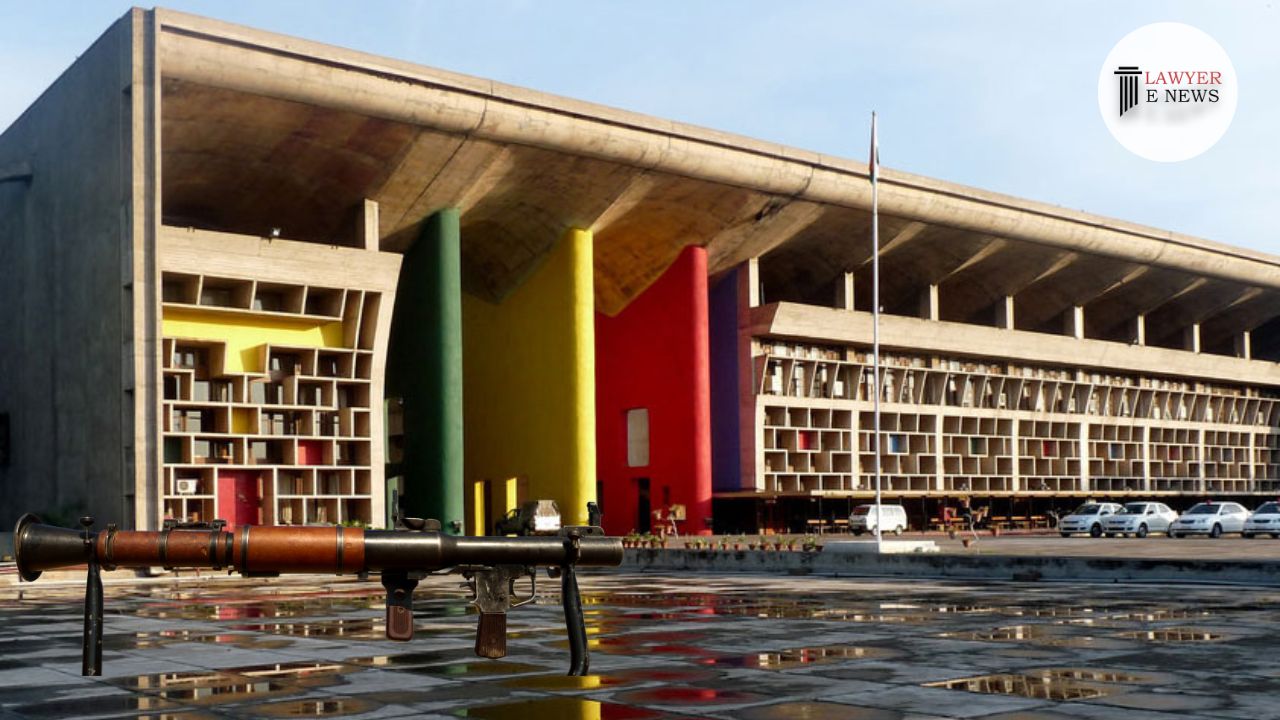-
by sayum
19 February 2026 7:26 AM



Date: 18th April 2023
The Punjab and Haryana High Court, in a recent judgment delivered by Justice Archana Puri, has awarded enhanced compensation in a motor accident claims case involving the death of Vidya Devi and injuries sustained by Kitabo. The appeals, FAO-8657 of 2014 (O&M) and FAO-10258-2014 (O&M), emanated from a common award passed by the Motor Accident Claims Tribunal.
The Motor Accident Claims Tribunal had granted compensation only to Jagwa Ram, the husband of the deceased, for the death of Vidya Devi, while denying any compensation to Kitabo for her alleged injuries. However, the High Court found the denial of compensation for the loss of dependence to be wrong and held that even major married and earning sons, though not fully dependent on the deceased, are entitled to claim compensation as legal representatives.
Justice Puri, referring to the decision in National Insurance Company Limited v. Birender (2020) 11 SCC 356, emphasized that the legal representatives of the deceased have the right to apply for compensation, regardless of their level of dependency. The court highlighted that dependency includes not only financial dependency but also other forms of dependency such as gratuitous service, physical, emotional, and psychological dependency.
Considering the evidence presented, the court valued the deceased's earnings as a street hawker and her services towards household affairs. It determined the loss of dependency compensation by taking into account the modest estimate of her earnings and the value of her services. The court also made an addition for future prospects and deducted a portion for personal living expenses, applying an appropriate multiplier based on the deceased's age.
Furthermore, the court awarded compensation under conventional heads, including loss of consortium, funeral expenses, and loss of estate. It held that each of the appellants-claimants, including the husband and the children of the deceased, is entitled to compensation for loss of consortium. The court enhanced the compensation for funeral expenses and loss of estate, bringing them in line with prevailing rates.
In the case of Kitabo, who claimed injuries sustained in the accident, the court considered the lower standard of proof required in a claim petition. It relied on the FIR, medical records, and receipts of expenses to establish the injuries. Although detailed medical evidence was lacking, the court recognized the trauma suffered by Kitabo and awarded her a lump sum compensation for her injuries.
Consequently, the High Court allowed both appeals and modified the previous award of the Motor Accident Claims Tribunal. The appellants were granted enhanced compensation based on loss of dependence, conventional heads, and injuries sustained. The court directed that the interest and other terms be as ordered by the Motor Accident Claims Tribunal.
Decided on: 18.04.2023
Jagwa Ram and others vs Jogender and others
